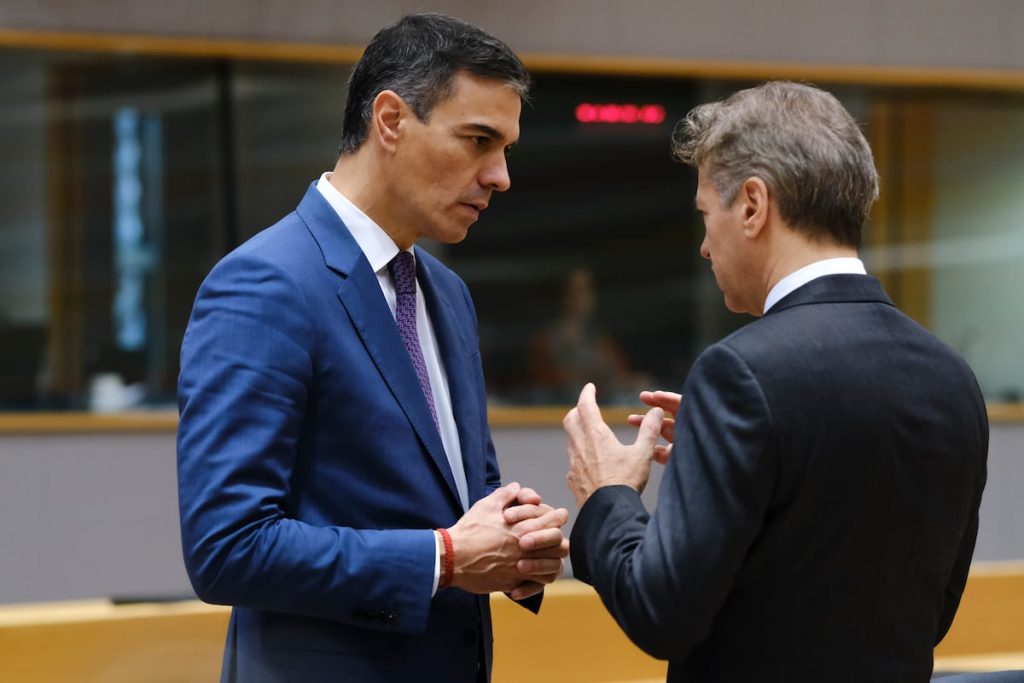The President of the Spanish Government, Pedro Sánchez, recently made a plea for the necessity of immigration in Europe, which is facing a demographic winter and losing competitiveness and human capital. This comes as the debate on migration within the EU is dominated by the harsh stance of the far right. Sánchez emphasized the need for balanced solutions and spoke out against the idea of deportation centers outside the EU, proposed by the far-right. He also highlighted the importance of dialogue with Sahel countries and the need for partnerships with non-EU countries to control borders and prevent migration towards the EU.
In a European Union where only two major countries are governed by social democracy – Spain and Germany – the migration debate is intensifying due to the rise of the far right. Sánchez’s stance serves as a counterbalance to the ultra-conservative discourse that traditional right-wing parties are adopting. Other leaders, such as Belgian liberal Alexander De Croo, have also expressed skepticism about deportation centers during discussions at the summit. The Polish Prime Minister and center-right liberal, Donald Tusk, views immigration from Belarus borders as a national security issue.
The Canary route remains the only one where arrivals are increasing, prompting Sánchez to emphasize the need for Europe to facilitate regular channels for migration. He stressed the importance of viewing competitiveness and migration as interconnected issues, with Europe facing a decline of 30 million working-age individuals. Sánchez argued that in order to maintain prosperity, Europe must promote regular and orderly migration, as well as integrate migrants into society and the labor market. Spain alone requires around 200,000 new migrants per year to meet economic needs.
Sánchez emphasized the economic benefits of legal immigration, contrasting with the push for “innovative solutions” to curb immigration – a euphemism used in Europe to refer to deportation centers – advocated by 19 European countries, led by Denmark. The Spanish government considers the idea of deportation centers like those established by far-right leader Giorgia Meloni in Albania as a “red line” that they will not support, given the high costs and problems associated with such facilities. The focus should be on fostering legal migration as a means to support economies and societies, rather than restrictive measures that do not address the underlying challenges.
In conclusion, Pedro Sánchez’s speech at the European summit highlighted the importance of immigration as a solution to Europe’s demographic and economic challenges. As the far-right rhetoric on migration gains traction, Sánchez positioned himself as a voice for balanced and inclusive policies that prioritize dialogue and cooperation with neighboring countries. The increasing arrivals through the Canary route underscore the urgency of creating pathways for legal migration and integrating migrants into society. Ultimately, Sánchez’s message resonates with the idea that immigration is not a threat, but rather an opportunity to strengthen economies and societies in Europe.















